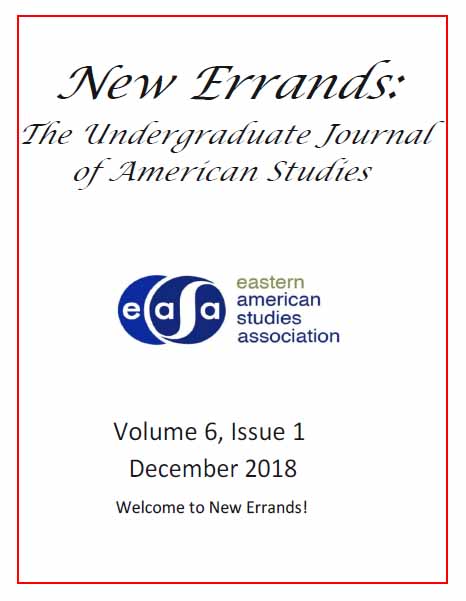The Origins of the American Environmental Movement: Hudson River School Naturalism in the 19th Century
DOI:
https://doi.org/10.18113/P8ne6161106Abstract
The stage is set. The great Enlightenment experiment of the United States has begun. The turn of the nineteenth century has come and gone, and the past colonists of America were ripe to become future pioneers of not only an exorbitant westward landscape but new ways of seeing their world. While aboard the ship Arbella en route to the 'New World', John Winthrop preached that the settlement to be built would be 'as a city upon a hill. The eyes of all people are upon us.' (Banas, "John Winthrop, A Modell of Christian Charity) Winthrop's original manuscript was printed in old English, and the single quotations around this quote indicate a modernized transliteration of the original text. From the very beginning of their quest for settlement, these Puritans saw themselves as the privileged few traveling to the new lands of Canaan. The origins of American exceptionalism today can be traced back to this small moment in the experiences of the first Europeans to plant roots in America. Religion motivated the move to America and allowed for the expansion of the metaphor that America was the new promised land. Its mountains and valleys were the lands of Eden, lost so long ago to the curiosity and greed of humans. In the nineteenth century, the folktale heroism of Daniel Boone resounded in the heart of a youthful America, which sought to conquer the width of a continent and cast the light of its 'shining city' from coast to coast.

This work is licensed under a Creative Commons Attribution 4.0 International License

